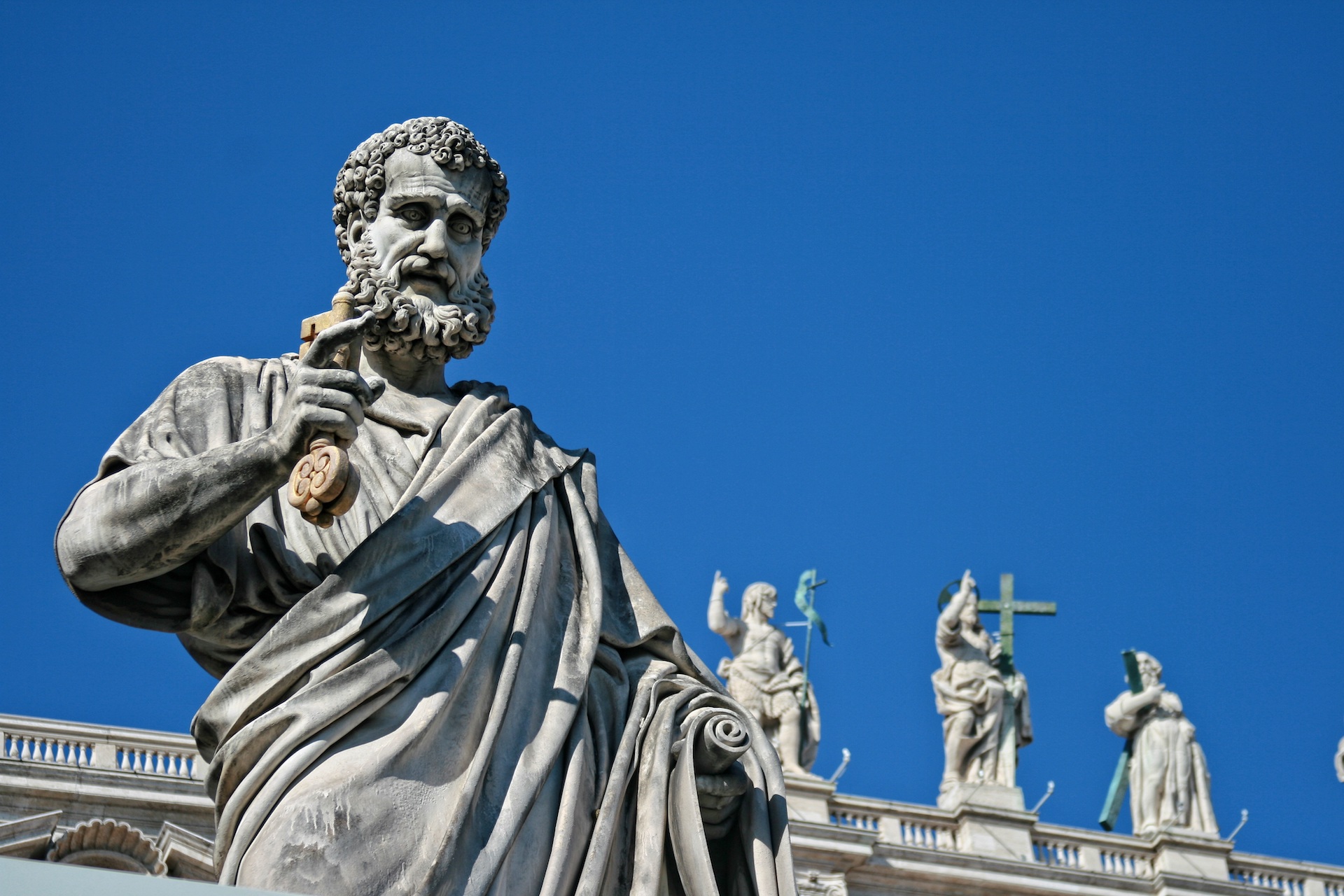It is interesting reading about the individuals that are highlighted in Deeper Experiences of Famous Christians*. I am challenged by their commitment, passion, and submission to Christ; while at the same time bothered by some of their apparent lack of emotional health. Do they have to go together? There are cultural and/or centuries of time differences that may make it difficult to understand some of their distinctives.
Most of the saints highlighted over the centuries are part of the tradition that led up to the founding of the Methodist movement. I can understand the reaction that encompassed them from the state churches at this time. Yet, we stand here almost 300 years later, and the landscape has changed so much. The Methodists are not the fiery preachers claiming to have conquered death, disease and were dead to sin. They are not the ones seeing miracles and life transformations in their midst, as did their founding heroes. They are now quite tame and formal and not very distinctive from the culture, which gives little acknowledgment of God.
The same would probably be said of the Quakers, who were originally called “quakers” because they shook so much in their worship and manifestations of the Spirit. Now, they too are tame, quiet, and subdued.
Obviously, Lawson highlights from each of the lives and writings of these followers of Christ what he serves his purpose in this book. He also selects people who manifest the traits he desires. But one can clearly see that most of these individuals were sold out to Christ. They truly sought to honor His name, often in conflict with the established church and political powers of their time. This caused significant persecution for each of them.
From my perspective, it is tough to understand them because I don’t understand the culture in which these actions are described. I think they are a little odd from my view. Like the guy, Fletcher who was described by others as one of the most mild-mannered, godly persons of his day. He taught that he was free from sin, and so should others. And yet, in the last paragraph written about him, he is quoted in his journal as having a violent temper and such serious suicidal thoughts that they would keep him up all night prostrate on the floor fighting these temptations. This sounds a little disingenuous. It sounds like he was repressing a whole lot of unhealthy emotions to appear to others as “godly and mild-mannered.”
It is enlightening to see how many of these saints defined sin as something much different than I do. They talked often of their “failings,” which led to some pretty outrageous behavior, but to them, it wasn’t sin, as noted in Fletcher’s life above. I am not sure they are entirely wrong, just very different from where we are today. I have learned that temptation is not sin. But one has to only look at how their followers became quite rigid as they defined what was and was not sin very legalistically. These individuals didn’t deny their failings but were careful not to call them sin. It seems to me to simply be semantics.
It is also intriguing to see how evangelism was emphasized over discipleship during this era. I continue to read about salvation professions from one big meeting to another. But there is never a follow-up emphasis on discipling these new converts. Knowing what I know about the Methodist societies, those who were engaged in these were discipled.
It is so easy to look back 300 to 400 years ago and be puzzled by how those who were entirely sold out to the Lordship of Christ behaved. I would think the followers of Christ a century from now will also be puzzled by our current peculiarities of behavior today. In spite of our sincere attempts to conform our lives to the teachings of the New Testament, we surely have glaring inconsistencies in our behavior.
This historical perspective humbles me from judging believers’ behavior in the past or in the present too harshly. I think Jesus said it best, love the Lord your God with all of your heart, mind, soul, and strength, and love your neighbor as yourself. The way that looks has not changed much over the last 2ooo years since he said it.
*Deeper Experiences of Famous Christians: Gleaned from Their Biographies, Autobiographies and Writings, 1911, by James Gilchrist Lawson

Leave a Reply